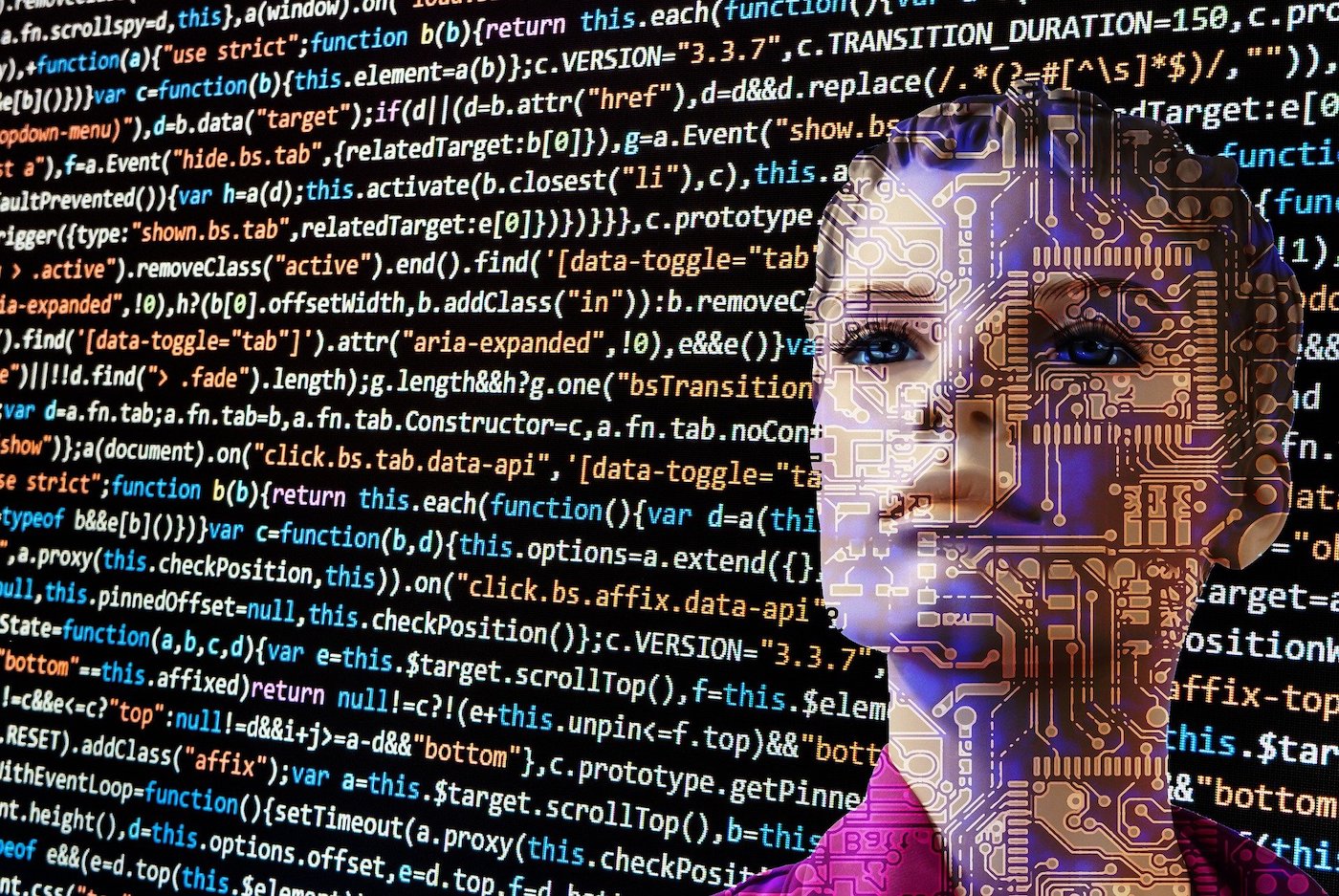Artificial intelligence: the European Union and Unesco join forces to oversee AI
The European Union will help fund a UNESCO program to help developing countries develop laws governing artificial intelligence, the UN cultural body has announced.
The European executive will fund this program to the tune of 4 million euros “dedicated to supporting low-income countries in the implementation of their national legislation”said Unesco in a statement. “In the face of the pressing challenges brought about by AI, we must move faster by providing more support to low-income countries”declared Audrey Azoulay, the general director of this organization.
UNESCO adopted in November 2021 a first global normative framework for the ethical use of AI, a roadmap for countries that describes how to amplify the benefits of AI while reducing the risks that this technology entails.
The result of three years of work, this text lists the actions to be carried out, in particular the establishment of a legislative tool to regulate and monitor AI, ensure total security for personal and sensitive data and even educate populations about them. .
About thirty countries have already started to establish their national legislation on the basis of this recommendation. “ensuring that artificial intelligence respects fundamental freedoms and human rights, and benefits all humanity”according to UNESCO.
In mid-June, MEPs approved a European AI regulation project from 2026, which aims in particular to better regulate generative artificial intelligences (capable of creating content on demand, in everyday language), of the ChatGPT type, in calling for a specific regime of obligations similar to those provided for high-risk systems. This is an initiative that is highly criticized by part of the industry.



